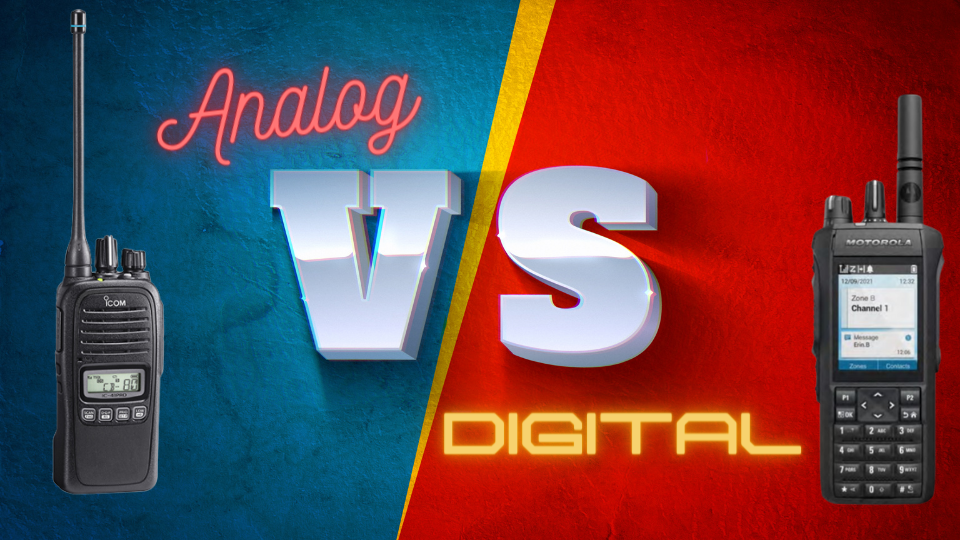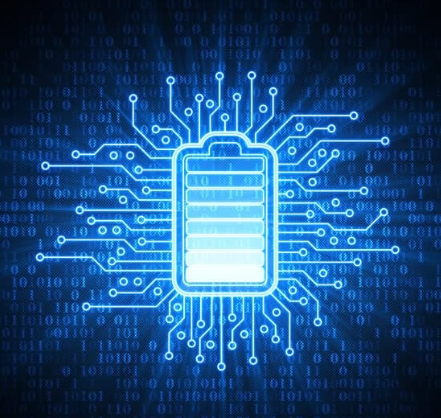Analog Vs Digital Two Way Radios

ANALOG vs DIGITAL TWO-WAY RADIOS
Analog radios have been around for donkey’s years and been
proven to be a reliable source for communications.
However, as technology continues to advance; the capabilities of Digital radio
have surpassed their older counterpart.
I’m regularly asked “Do I choose Analog or Digital?”
The short answer if you’re wanting to futureproof your fleet is to choose
Digital.
Keep in mind that most Digital radio have the facility to be programmed in
Analog until you’re ready to transition your fleet across to offer a smooth
analog to digital migration.

Digital Radios offer many benefits vs. Analog radios. Here’s a few:
- Better
Voice Quality
– Most
digital radios come with noise cancelling capabilities perfect for working
if you work in a high-noise environment. Digital radios have clearer transmissions
and your colleagues have a much better chance at hearing what was said.
- Stronger
Coverage
-
Digital performs better even at the far edges of coverage. Built-in error
correction helps eliminate the static, background noise, and voice
distortion that can occur with analog radios as you reach the limits of
coverage.
- Longer Battery Life

Why
you might want to stick to the ol faithful Analog Radio:
Pricing:
Digital tend to be a bit pricier as mentioned before they
are technically an Analog and Digital Radio, a 2 in 1 radio.
Mission Critical:
Digital Radio have a slight delay of about half a second,
this plays a tone to notify the user when its safe to speak. Analog has zero
delay in transmission; in industries that make use of Tower Cranes and Mobile
Cranes Analog still seems to remain king from a safety point of view. Missing
parts of transmission is too risky, while transporting heavy cargo. However, I
can’t see it being too long before Digital finds a way to fix this small issue.
123123.png?1670298263337)
Personal Preference
While it’s a bit of an odd one I’ve had some radio users
that just don’t like the sound of Digital as clear as it is. After working with
the famous analog radio psshhht sound, after each transmission, you get used to
it and users get used to the sound of analog.
Radios are a worker’s tool similarly to the saying “if it ain’t broken don’t fix it” workers in some industries are heavily reliant on their radio for safety purposes, sometimes adding more features can end up bringing more confusion, which you don’t want for communication.
